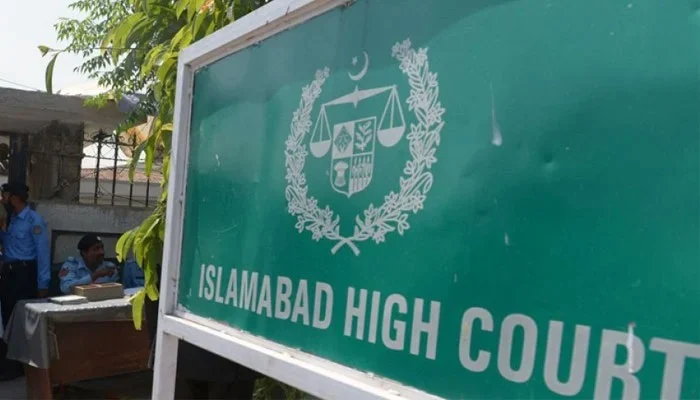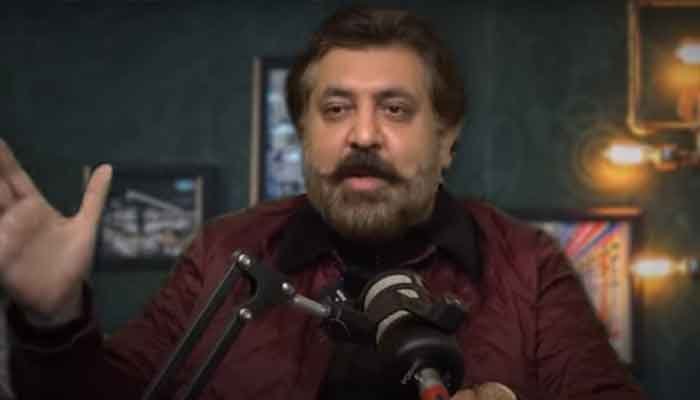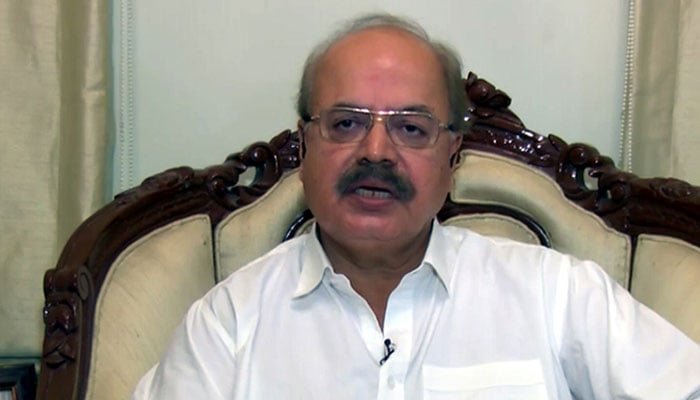In a significant development, the Islamabad High Court has directed the Chairman of Pakistan Tehreek-e-Insaf (PTI), Imran Khan, to appeal in the trial court regarding the Safdar case. The court dismissed Khan’s petition, maintaining that, considering security concerns, the decision regarding Safdar’s jail trial falls within the prerogative of the chief executive officer. However, the court also consolidated Safdar’s case against preventing the trial and eviction.
Chief Justice Aamer Farooq of the Islamabad High Court issued this directive while addressing the Safdar case. The court’s decision emphasized that Imran Khan himself had expressed apprehensions about his security on multiple occasions. While there seems to be no ill intent concerning the jail trial, if there are reservations, the petitioner can approach the trial court, as stated in the verdict.
During the proceedings, Sardar Latif Khosa, representing Imran Khan, argued that the former Prime Minister, Nawaz Sharif, was the chief executive officer of the country, and in such a scenario, the chief executive holds the authority to make decisions. Chief Justice Farooq inquired about the existence of any law similar to the United States that classifies documents. Khosa explained that the Safdar case had already been declassified by the federal cabinet. He further revealed that Safdar had sent a letter to the Foreign Office through Ambassador Asad Majid in the United States. Donald Lu, the then U.S. Ambassador, had issued a threat, acknowledging interference in Pakistan’s internal affairs. Pakistan had protested against the United States, and when I saw this case, I was astonished. He read the oath of the Prime Minister in the court, emphasizing that if the Prime Minister deems it correct, he can disclose it. Khosa stated that if PDM leader Nawaz Sharif wants to stay, it’s his political tool.
Chief Justice Farooq, interjecting during Khosa’s argument, asked if the application of Section 5 was not applicable in the Safdar case. Khosa replied, “Absolutely not. Neither does the Act apply, nor does Section 5.” The Chief Justice pointed out that Khosa had highlighted three points in his arguments: first, he mentioned that Article 248’s exemption was being sought; second, he claimed that the Official Secrets Act and Section 5 did not apply; and third, he said that the Prime Minister was responsible for sharing with the public.
The court’s decision marks a significant turn in the Safdar case, emphasizing the need for adherence to legal procedures and the right channels for appeals and concerns. It reinforces the principle that no one is above the law and that all cases must follow due process, ensuring justice and fairness for all parties involved.



